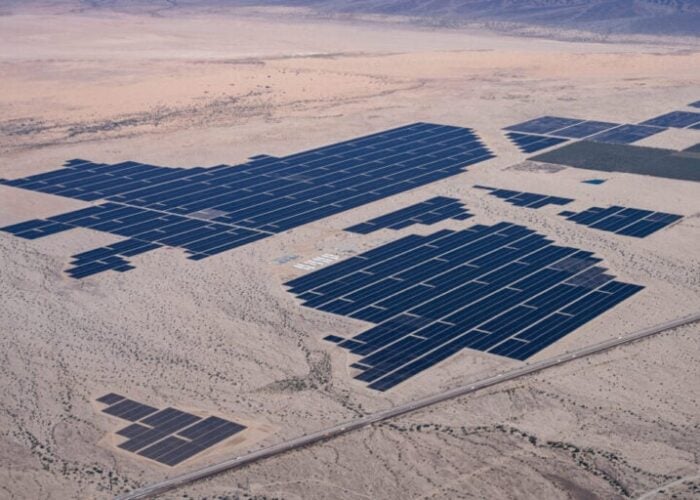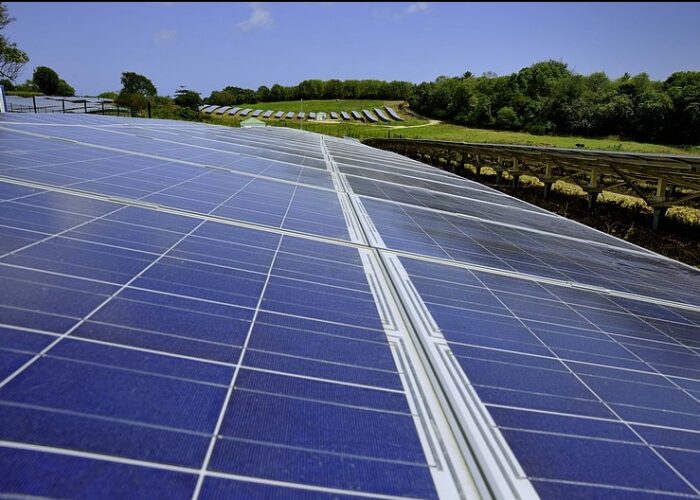Recent reports that the US and India are close to reaching an agreement in the trade dispute over India’s local content rules for solar equipment have been refuted by a top US trade official.
US Trade Representative Michael Froman told Reuters: “We're still engaged in conversations with them. It's too early to tell whether we're going to have an agreement or not.”
Unlock unlimited access for 12 whole months of distinctive global analysis
Photovoltaics International is now included.
- Regular insight and analysis of the industry’s biggest developments
- In-depth interviews with the industry’s leading figures
- Unlimited digital access to the PV Tech Power journal catalogue
- Unlimited digital access to the Photovoltaics International journal catalogue
- Access to more than 1,000 technical papers
- Discounts on Solar Media’s portfolio of events, in-person and virtual
Earlier this month, a World Trade Organisation (WTO) spokesperson told PV Tech that the body had originally set a deadline for a ruling on the case for Wednesday.
This news came after it emerged that India had made a last minute proposal to shift its Domestic Content Requirement (DCR) rules for using domestically manufactured solar equipment in certain Indian projects away from the private sector and into the public sector.
Froman declined to comment on the WTO's intentions in the case. However, he confirmed that it was a US decision to delay the announcements – adding: “It's at our discretion whether the WTO extends or not, based on how the conversations are going.”
Indian government officials in New Delhi also told Reuters that the settlement talks were ongoing and they had few concerns about the announcement delays.
However, another senior Indian government official said that India wanted to balance the WTO rules against the sensitivities of its local manufacturers.
He said: “We can’t just depend on imports for setting up of planned 100,000MW of solar power generation. Local companies will have to get a share as we want to strengthen domestic manufacturing under Prime Minister Modi’s Make in India programme.”
In August last year, the WTO ruled against India’s DCR, but India appealed against the ruling, which gave it a reprieve from having to implement the changes for two years and it has continued to allocate capacity under the DCR.
Earlier this month Sourya Choudhary, assistant vice president of corporate strategy and business development at Indian integrated utility and solar manufacturer Essel Infraprojects, told PV Tech that India’s offer to move DCR content onto the public sector and government-based solar projects such as railways and defence could even be a “fillip” for domestic manufacturers. However other industry members have suggested this would not favour domestic manufacturers and goes against startups and small enterprise in India.







